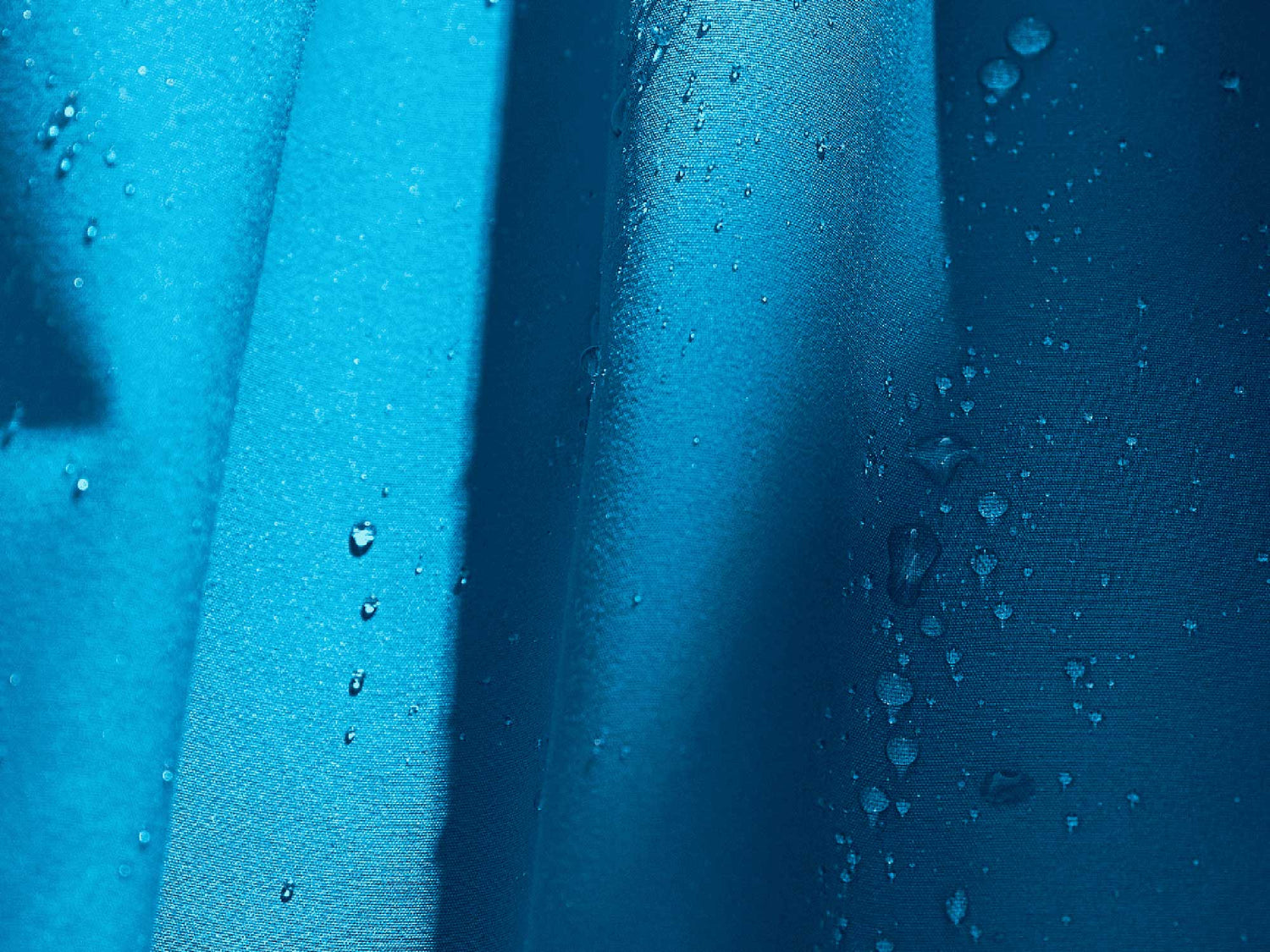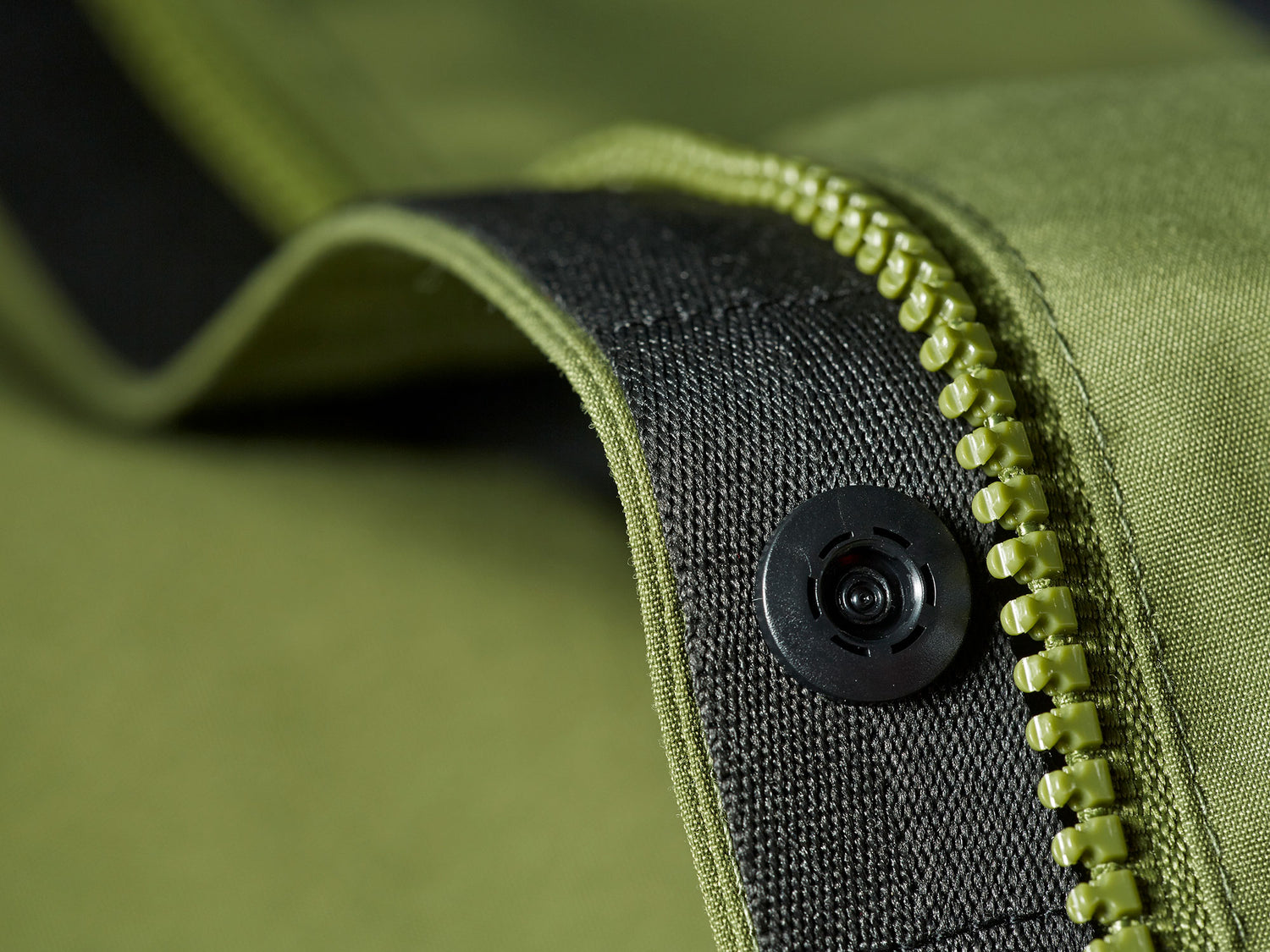
Materials
Recycled, Renewable, and Traceable Materials
We will constantly increase the use of recycled, renewable, and traceable materials in our products, without compromising quality, technical performance, or durability. While recycled materials don’t always meet the technical requirements for certain product, it comes down to choosing the right mix.
For us, ensuring high-level performance without comprimising environmental responsibility is the ultimate goal. Recycled materials, such as polyester, help reduce reliance on crude oil and make use of materials that might otherwise end up in landfills.We have been able to increase the total amount of recycled materials in our production each year. You can find our detailed material composition in our annual sustainability summary.
Traceability remains a key focus for us. By knowing where our materials come from, we can make informed choices that support transparency and accountability throughout the supply chain. We are developing our traceability system but it’s not ready yet. But, to support transparency, we have myhalti.com website where anyone can access detailed information about their Halti item by entering a product code found in the care label.
Ethical sourcing
We only use fake fur in our garments. The down and feathers used in our down products are recycled or by-products of the food industry and delivered by suppliers that respect the lives of animals and do not expose animals to harmful processes. This is supervised and controlled by the independent and voluntary Responsible Down Standard, RDS. Additionally, we ensure that lambs in wool production are not treated with painful mulesing method.


Bluesign® System Partnership
We are a bluesign® system partner, ensuring that our textiles meet strict environmental and chemical safety standards. This partnership helps us reduce the impact of production on people and the planet. By using bluesign®-approved materials, we prioritize responsible manufacturing and safe working conditions.
We comply with the REACH chemical regulation issued by the EU and follow the SVHC candidate list of substances of special concern to stay up to date with the regulations. In addition, we comply with bluesign®'s list of prohibited substances in those products with bluesign® fabric. Each bluesign®-approved chemical product goes through a detailed risk assessment. In addition, our fabric suppliers must commit to Halti's code of conduct, the requirements of the purchase agreement, and the detailed requirements of each type of material. You can find our detailed material composition, including the amount of bluesign® approved fabrics, in our annual sustainability summary.
No intentionally added PFAS
We banned the use of per- and polyfluoroalkyl substances (PFAS) in our materials in 2020 and require our subcontractors and material suppliers to follow that policy. However, this does not mean that our products are guaranteed to be completely free from PFAS compounds, as cross-contamination can occur both during and after production. We are continuously increasing the share of partially bio-based water-repellent treatments, such as the patented BIONIC-FINISH® ECO by the German company Rudolf, in our garments. The detailed annual share is available in our yearly sustainability summary and in the material information for each product.
